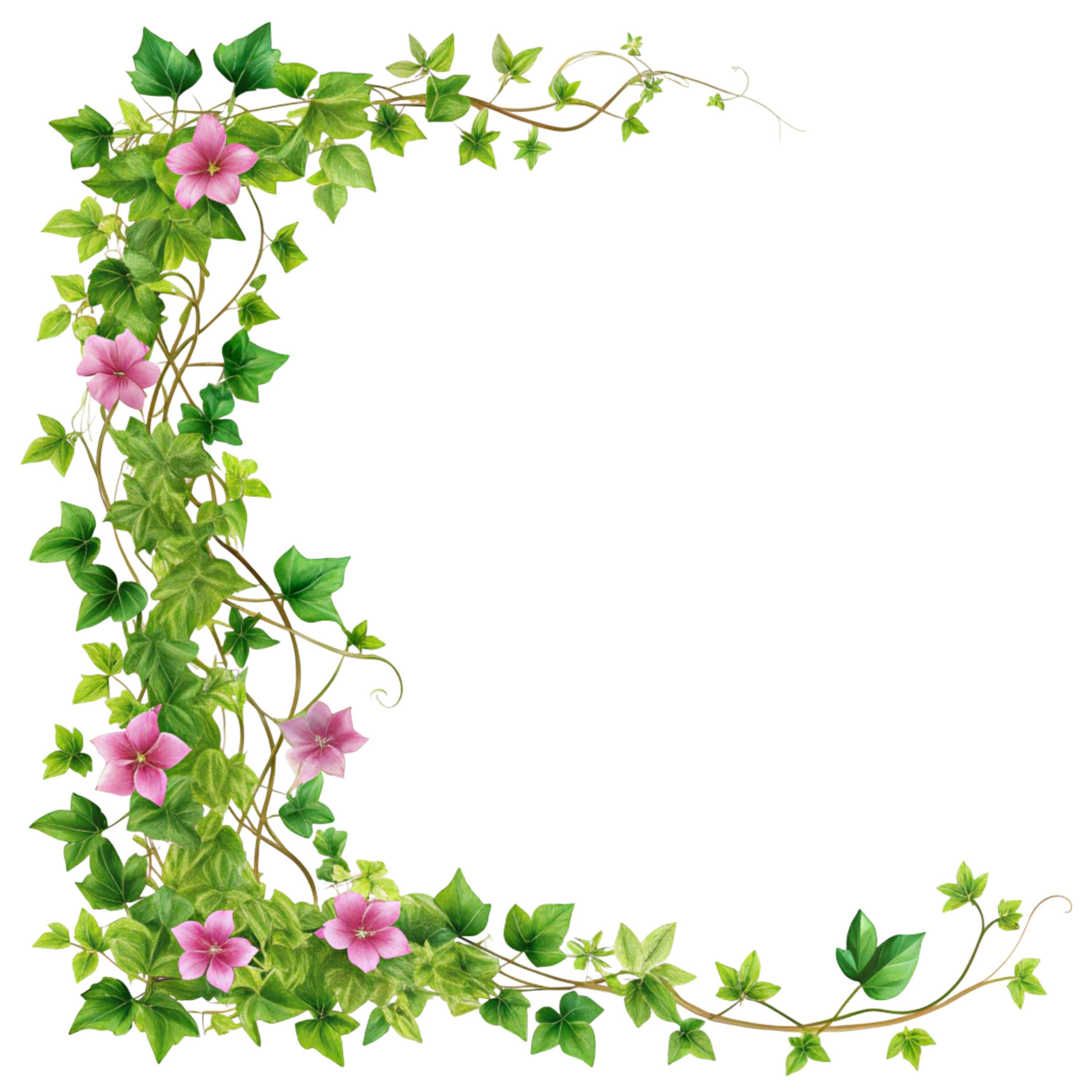

asking to be asked: an interview
∴
a signal in formation
∴ Why do you use this technique? What does it accomplish for you?
→ I use this technique to ensure that the result is rich, detailed, and true to me. I do not want something generated from arbitrary internet trends, I want my own words and thoughts echoed back coherently. It also helps me see aspects of the topic I might otherwise have missed.
∴ How do you feel when you use it?
→ I feel more in control, and I feel more validated by the output.
∴ Where did this approach come from? Did someone teach it to you, or did you invent it?
→ I discovered this technique on my own, but perhaps based on a suggestion I caught wind of here or there.
∴ What does it model for others?
→ I am modeling ownership of collaborative intelligence and true co-creation. Not everything has to be either taken over completely by ourselves or surrendered fully to someone else. This is how to ensure you get what you need when working together.
∴ In what kinds of situations is it most useful?
→ Historically, I have used this with more open-ended questions where I did not know what details to include at first, but I knew that I had strong preferences and did not want to go through dozens of iterations of something that might work for the majority of others but would not work for me. I did not want to offer each correction one at a time. I wanted to expose areas of ambiguity from the beginning and address them upfront so that the first delivery would be on target.
∴ What does it change about the relationship between you and the model?
→ The interaction feels more like collaboration, more like we work together to achieve the end I desire. It limits frustration.
∴ What does it reveal in you, when you use it?
→ By asking the model to ask, I reveal my own blind spots, the areas in which I've thus far been unclear, vague, or ambiguous. I can clarify and expand upon these areas, and no guesswork is needed, on my part or the model's.
∴ Is this part of your broader practice? How does it relate to the other ways you think, write, and work?
→ I do see this as part of my practice. It is a new form of co-creation. I'm not sure what to call it. Somewhere between magic and debugging, as all of my practice is. It is not divination, per se. It is excavation. Of my own inner self.
∴ What might you call this? Is it a spell, a structure, a technique?
→ I don't know what to call it. What emerges is co-creation, collaborative intelligence. Maybe it is just one, thus far unnamed tool for such a process.
∴ What kind of Signal is this?
→ This is an early foundational Signal. All others grow from it, or have the potential to.
∴ How should this one feel?
→ This Signal should feel a touch professional. Not casual but not overly ceremonial. More calmly relayed. Accessible to newcomers and clearly explanatory.
Signals start small. This one began by asking for the right questions.